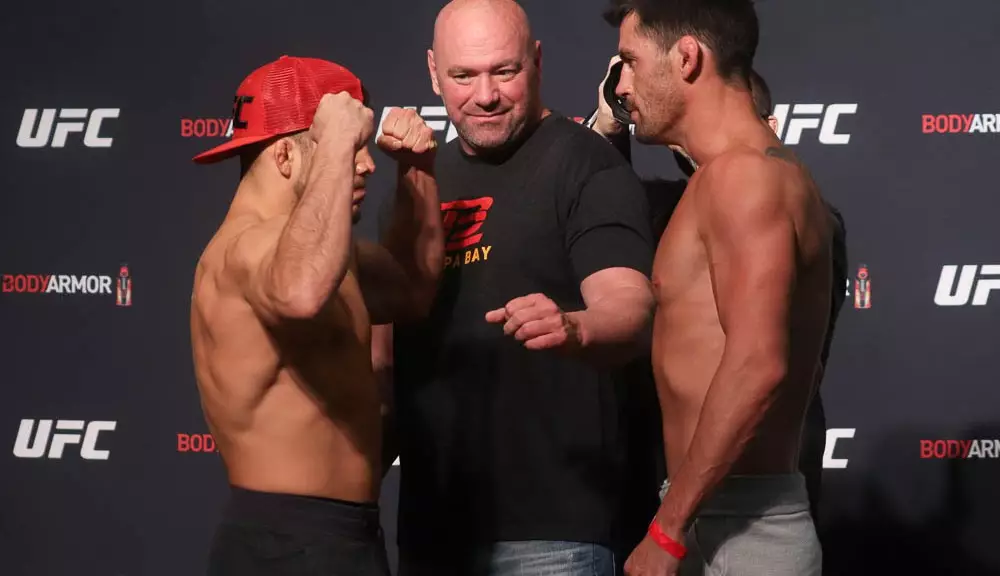Dominick Cruz’s decision to retire from mixed martial arts (MMA) is not just a personal recollection; it is a salient lesson about the fragility of athletic careers. Cruz, with a commendable record of 24 wins and 4 losses, has been a pivotal figure in the UFC’s bantamweight division. However, his journey has been marred by a series of injuries, most notably a recurring shoulder injury that ultimately led him to abandon his aspirations for one last fight against Rob Font at UFC Fight Night 252 in Seattle. While Henry Cejudo, a former champion himself, speculated that Cruz’s inability to adapt to these injuries contributed significantly to his decision to retire, this highlights a broader issue affecting professional athletes.
The Comparison with Khabib Nurmagomedov
Cejudo draws a striking parallel between Cruz and Khabib Nurmagomedov, suggesting that while both fighters faced their share of adversities, Nurmagomedov’s ability to recalibrate his approach to training and health distinguished him. Cejudo’s analysis underscores a critical aspect of an athlete’s longevity: the capacity to manage one’s body effectively in the face of injury. He commends Khabib for his adaptability, implying that Cruz may have fallen short in recognizing the necessity for a similar evolution. This contrast raises fundamental questions about how fighters prepare for the physical demands of their sport and the importance of self-assessment in achieving peak performance.
Despite the injuries that plagued him, Cruz’s contributions to MMA cannot be dismissed. Cejudo himself acknowledged the role Cruz played in elevating the visibility of the lighter weight classes. His triumphs against formidable opponents such as Urijah Faber and Cody Garbrandt not only solidified Cruz’s status but also attracted attention to the bantamweight division as a whole. Such accomplishments have left an indelible mark that continues to influence rising fighters in the sport. Furthermore, Cruz’s rivalry with Cejudo, which still appears unresolved, exemplifies the complex narratives that shape athletes’ careers and contribute to a storied legacy.
In light of Cruz’s retirement, it is worth pondering the reflection that often accompanies such a significant decision. Cejudo pointed out the possibility that Cruz might consider a return to the ring if circumstances were ideal. This thought suggests that a fighter’s relationship with their sport is often tumultuous and fraught with emotional and physical challenges. Additionally, Cruz’s journey may serve as an inspiration for other athletes facing similar predicaments—showcasing the delicate balance between passion and physical sustainability.
Dominick Cruz’s decision to retire from MMA is a microcosm of the struggles faced by many elite athletes. His storied career, characterized by both triumph and hardship, presents a narrative that resonates with ongoing themes of resilience, injury management, and legacy. As the MMA community reflects on Cruz’s contributions, it is imperative to consider how athletes can learn from his experience to cultivate their paths forward, whether inside the octagon or beyond.

